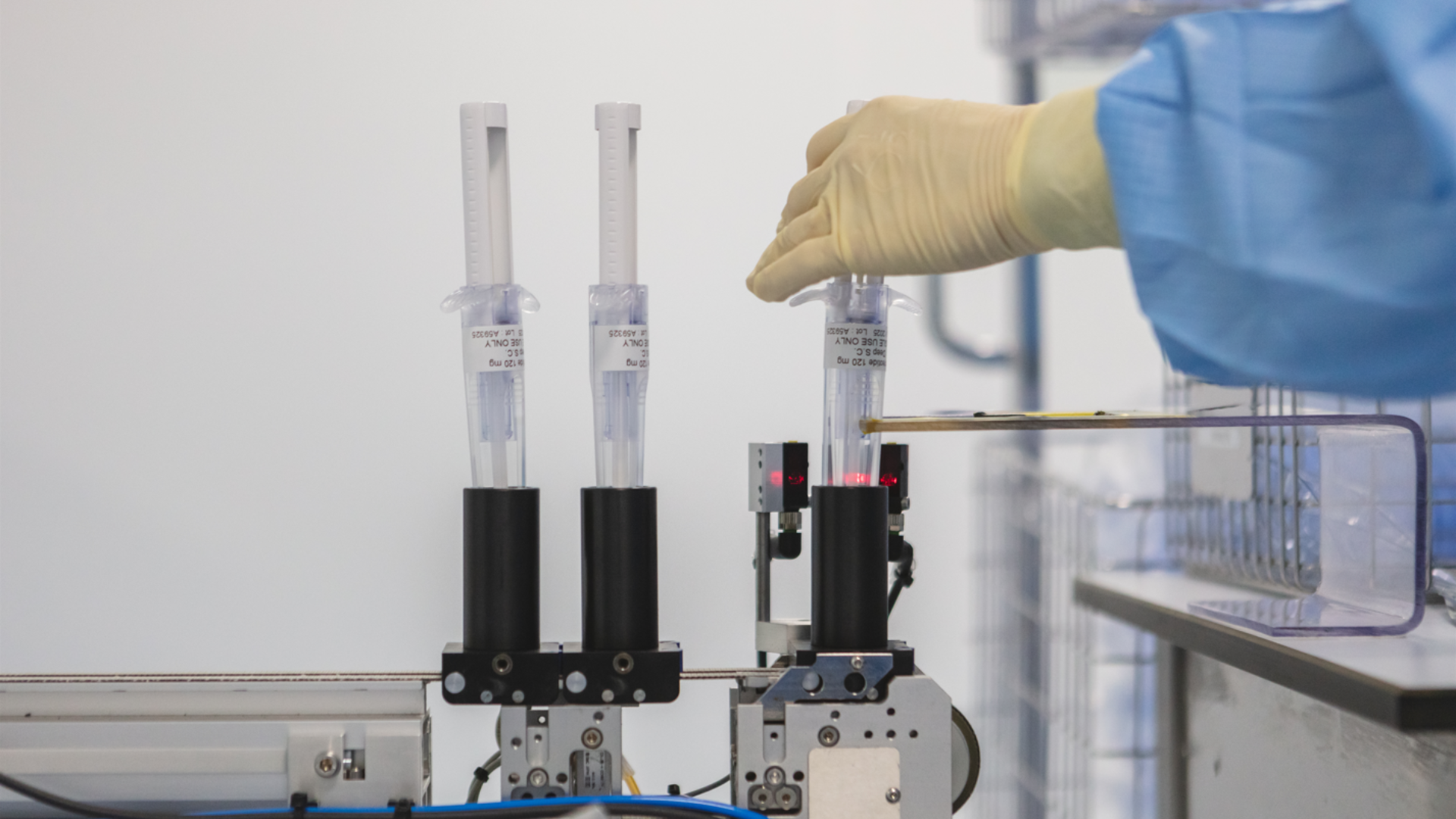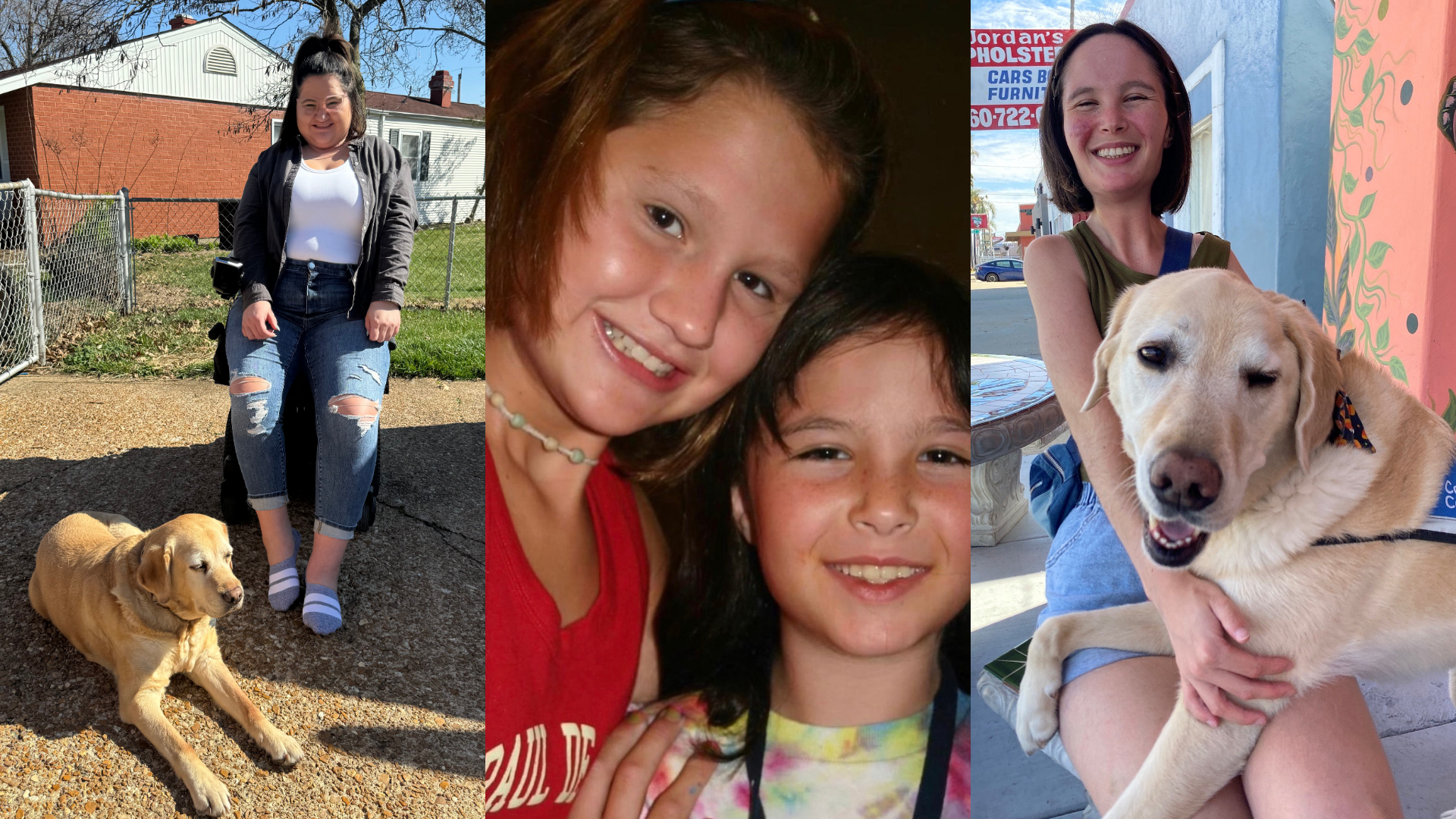Science – Franchise Page
Our commitment to patients
Ipsen’s oncology franchise is key to the success of our business. Our strategy is to be a leader in treating solid and blood tumors in patient populations with high unmet medical needs.
Working with and for patients guides our strategy. Patients and their families inspire and drive us to tackle some of the hardest-to-treat cancers where we can have a direct impact for those who need treatment the most. That’s why we actively listen to and learn from their experiences, integrating their insights into our efforts, from early research through development.
We also work closely with patient groups to understand the factors that play a role in improving a patient’s quality of life. Through these collaborations we look to co-create solutions that effectively support patients.
By focusing on selected cancers and working with like-minded partners, we are fostering solutions, advancing science and delivering new, innovative treatments with the patient at the center of everything we do.
Know more about our patientsKey facts
Entered the field in 1986
Ipsen entered the field of oncology in 1986, and today we have a portfolio including treatments for neuroendocrine.
Gained 75.1% of global sales
75.1% of Ipsen’s global sales are in oncology, making us one of the top global oncology companies.
We are in the treatment of NETs
In the U.S., we are bringing new insights to the treatment of NETs by applying Artificial Intelligence to our clinical trial data.
Our areas of expertise
Our oncology expertise focuses on solid and blood tumors with high unmet medical needs in patient populations that are currently not well supported.
Our oncology expertise focuses on solid and blood tumors with high unmet medical needs in patient populations that are currently not well supported. Kidney cancer is estimated to be the 10th most prevalent global cancer.1 The most common type of kidney cancer, renal cell carcinoma (RCC), affects nearly 400,000 people each year.1
IPSEN Oncology portfolio
Tackling some of the most difficult-to-treat cancers.
MEDULLARY THYROID CANCER
5% of thyroid cancers. (3a)
BREAST CANCER
The most common cancer in the world and the first most frequent in women (7a) ; 65% to 75% of all breast cancers are hormone receptor positive (7b)
NEUROENDOCRINE TUMORS (NETs)
171,000 people living with NETs in the US. Incidence rate of approximately 6.98 cases per 100,000 people. (4a)
RENAL CELL CARCINOMA (RCC)
There are over 400,000 new cases of kidney cancer diagnosed worldwide each year. (5a) RCC is the most common type, accounting for approximately 90% of cases. (5b)
PROSTATE CANCER
In 2020, over 1.4 million new cases of prostate cancer were diagnosed worldwide, making it the fourth most commonly occurring cancer globally and the second in male population. (9a)
HEPATOCELLULAR CARCINOMA (HCC)
More than 900,000 new cases of liver cancer, 90% of which are HCC, are diagnosed worldwide each year. (8a) (8b) HCC is expected to cause 1 million global deaths annually by 2030. (8c)
PANCREATIC CANCER
Third-leading cause of cancer-related death in the US. (6a)
CLINICAL TRIAL
Observational trials on Oncology
Observational trials, on the other hand, track health in more natural settings by studying what people already do; these trials give scientists a more realistic idea of how a certain factor influences health (normally a drug or other medical intervention), but they cannot help determine causal
relationships.
PIPELINE
Our Oncology pipeline
At Ipsen, we believe that great partnerships create great possibilities. A culture of external innovation drives our research, development and commercialization. We identify, develop and integrate innovative products that are a strategic fit for our portfolio and that deliver value for patients. With like-minded partners, our goal is to foster solutions, advance science and deliver new therapies.
Know more









